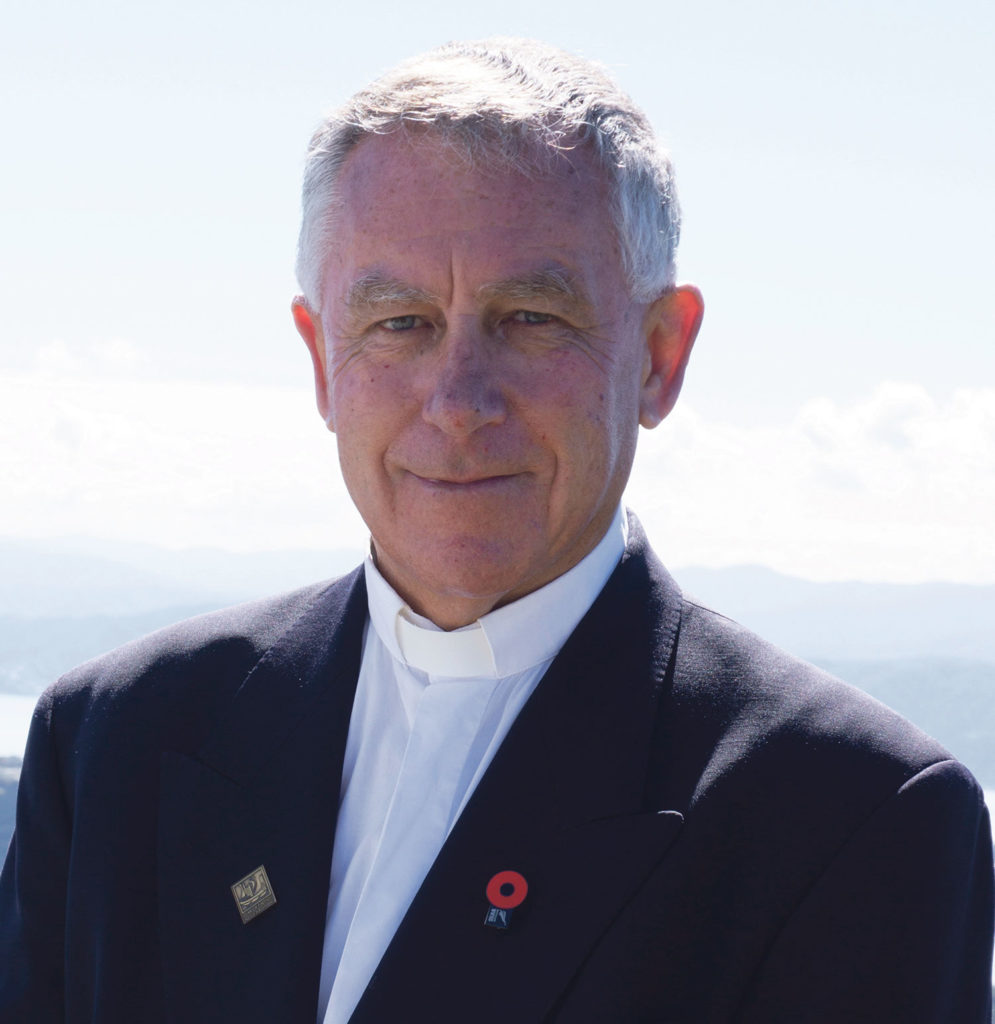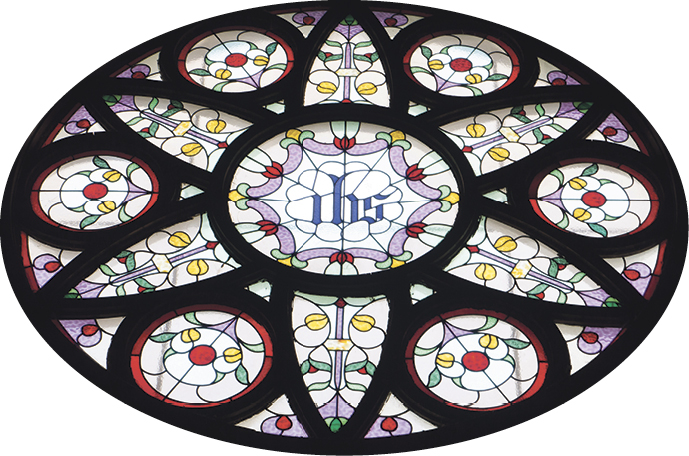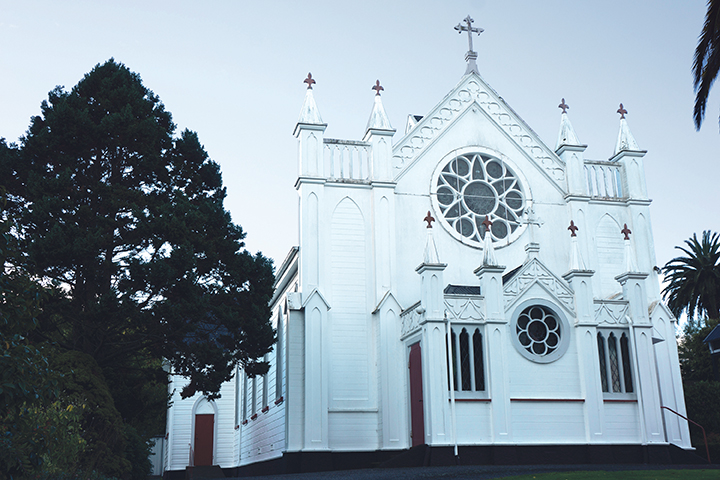
WelCom May 2021
Over Anzac weekend I returned to the parish in which I was born and grew up, to celebrate the 150th anniversary of St Patrick’s Church, Waipawa. The current St Patrick’s Church is the third church on the site, with the first being dedicated by Bishop Phillipe Viard on 16 April 1871. When the first church was built there was a flourishing Catholic community in Waipawa, looked after by Fr Reignier who for 20 years had travelled from his Meanee Mission station [south of Napier] to minister to settlers and Māori in central Hawke’s Bay.
A larger church was built around 1890, which was sadly destroyed by fire in 1920. The whole community – not just Catholics – raised the money to build the current church, which survived the 1931 earthquake and was the focus of the 150th anniversary celebrations over Anzac weekend.
In preparing for the Anniversary Mass and for a speech at the dinner, I found myself reflecting on growing up in Waipukerau and being part of the faith community of Waipawa, where we came to Mass every Sunday, as the two towns were part of the one parish. I was born in the hospital just around the corner from St Patrick’s Church, so the parish has been very much a part of my faith journey.

We learned so much about the faith as children without realising it. One of the things I learned very early on was that being a Catholic could be fun; there were jokes and funny incidents, there was the tennis club, the parish picnics at the Patangata River, and in later years there was the Patangata Pub.
Yes, we were something of a Catholic ghetto as many Catholic communities were in those days, but that also meant there were many family friends and people who looked out for you, and who participated in lots of informal ways in your education. I believe there are some real blessings growing up in a small-town community, and I am grateful for that experience.
“I believe there are some real blessings growing up in a small-town community, and I am grateful for that experience.”
Cardinal John Dew
There are the blessings of knowing just about everyone in town and a sense that the well-known saying, ‘It takes a village to raise a child’ is actually true. A very clear memory I have is of coming to Waipawa for the opening of the then new bridge over the river. Why as children we were brought to the opening of a new bridge I don’t know. The official who was doing the opening was making a speech and I heard someone say something about how he wished the person would fall into the river. I laughed, and a woman close to me looked at me and said, ‘Never ever wish another person any harm!’ I have never forgotten that. It does take a village to raise a child, and that may have been even more accentuated in the smaller Catholic communities we belonged to in earlier years especially those outside the cities.

Our Catholic communities are called to be the ‘cornerstones’ of our society, and to make a difference in the lives of others. Many of our parish communities in the Archdiocese of Wellington and the Diocese of Palmerston North are well past their first 100 years of doing just that, helping people to know who Jesus is and what he asks of us. Yes, much has changed, and there will always be change. A great saint, St Irenaeus once said, ‘In a higher world it is otherwise, but here below to live is to change, to be perfect is to have changed often.’ Don’t ever be afraid of change, it is part of life, it is part of who we are, even in the Church.
It is on occasions such as anniversaries we realise how much things change. Years ago – when I was probably 11 or 12 years old – the bishop was coming to town for some reason and Fr Jansen asked my mother to provide a meal. She was a good cook and a good hostess. There was a lot of time and effort, a lot of planning and panic that went into that meal. Years later, I came home one time when I was teaching at the National Seminary in Mosgiel. I had heard that Bishop Peter Cullinane was visiting the parish for an event, so I asked Mum if she was going. Her response was, ‘Bishops, they are a dime a dozen these days, no I’m not going.’
That’s change – I would like to have a word with her now!